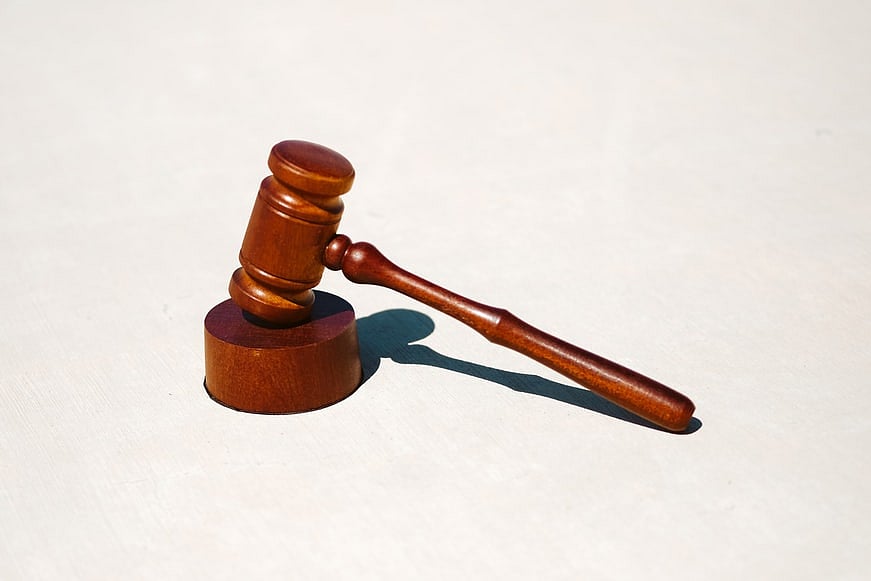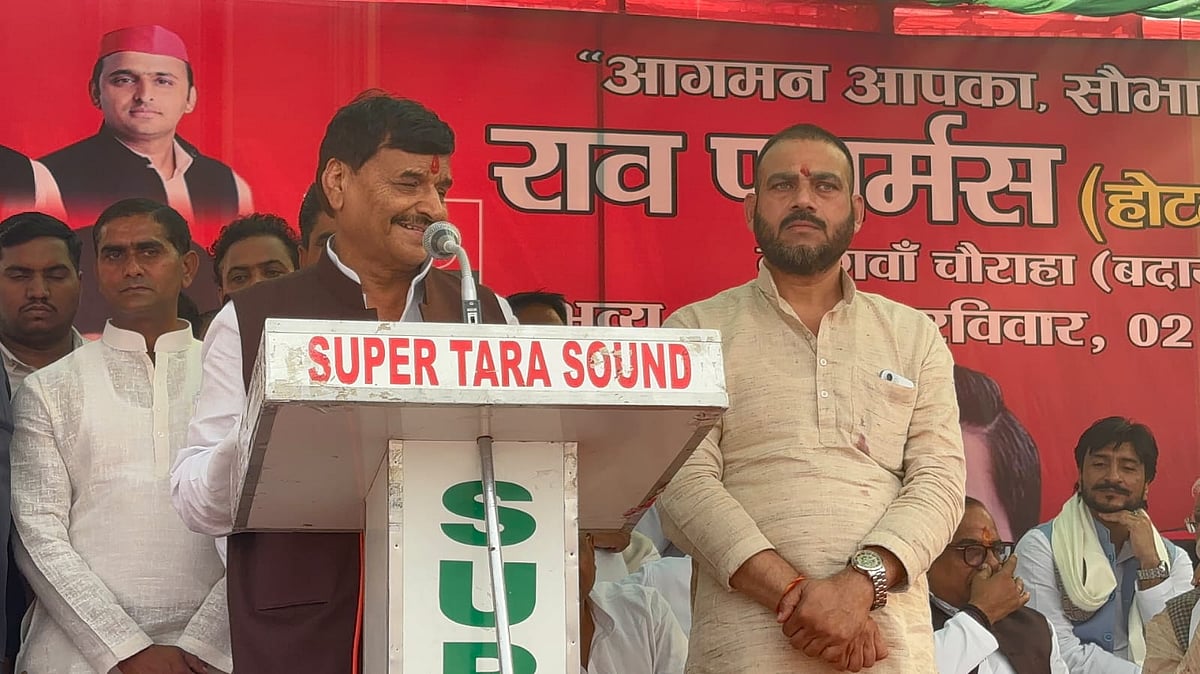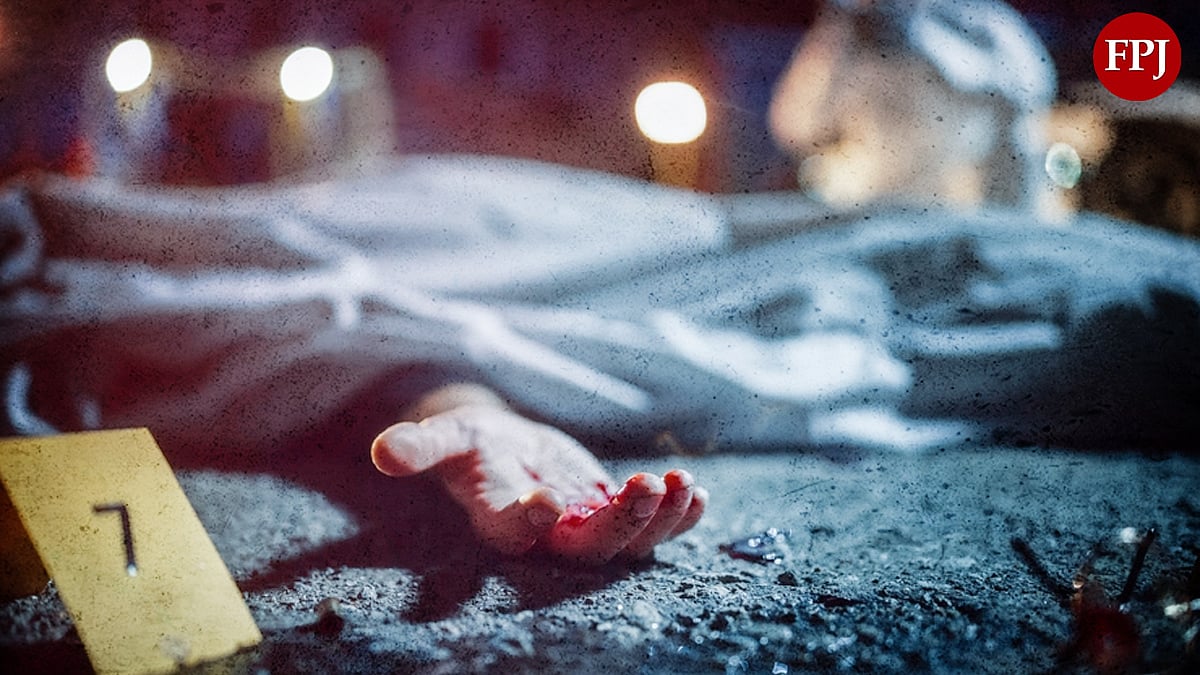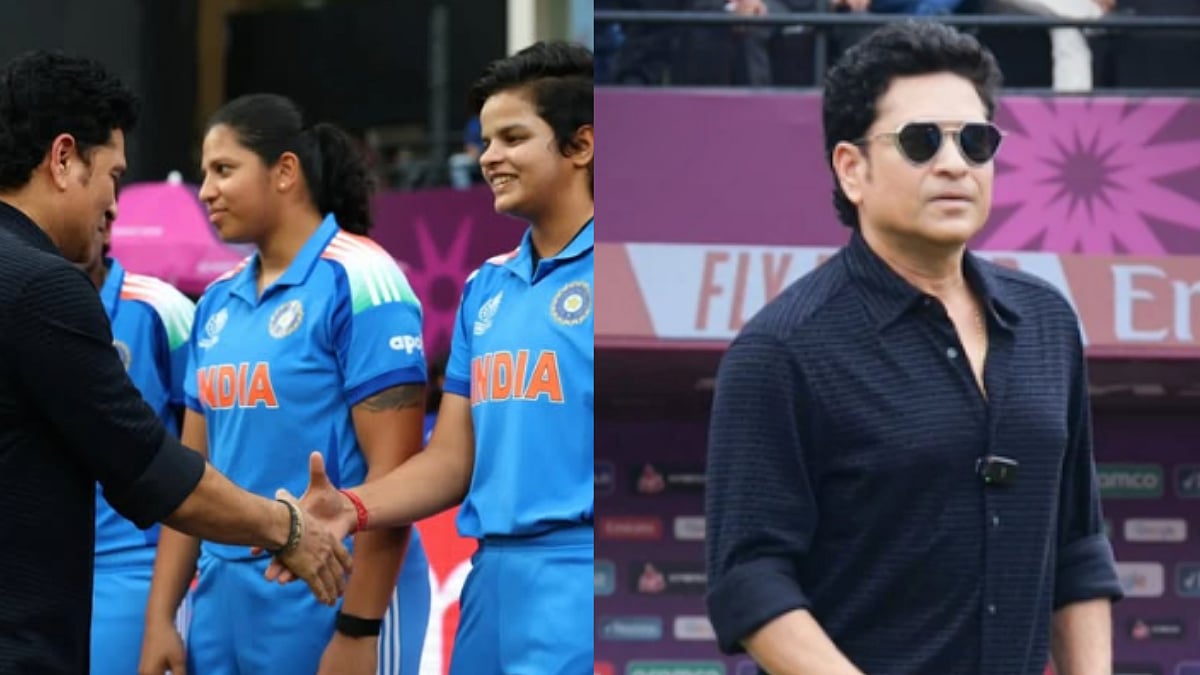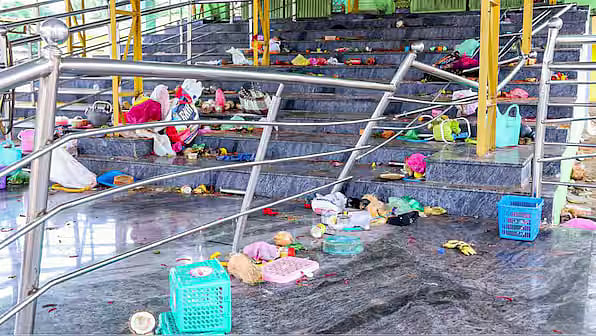Demonstrations and protests against Government policies and the subsequent police brutality in the recent RRB NTPC vacancies’ results have once again brought the words “Dissent” and “Protest” in limelight.
While dissenting is withholding assent and disagreeing to, objecting further in a strong manner by way of peaceful march, dharna is protesting.
Likewise the Citizen Amendment Act (CAA) was passed by the Parliament three years back and massive protest rose against it with the students of various universities also protesting along with a large section of minority population.
The Government suppressed the protest by quelling it brutally through oppressive use of its forces, to harass by way of arrests and registering cases under various and unwarranted sections of Rioting, Sedition, UAPA, NSA etc. In a free democratic society protests are the means for the voice of the people to reach the Government in the power to ensure proper decision making after discussions and consultations with various invested players.
The Right to Free Speech and Expression and Peaceful assembly is guaranteed by the Constitution of India Under Article 19 and protests thus ensure the development of an informed and engaged citizen of the society. The direct participation of a citizen against any violation of human rights and infringement by the government strengthen the idea of representative democracy by way of his dissent and protest. The Right to protest can be termed as a manifestation of the Right to Freedom of Speech, Assembly and Association.
As long as the Governments have been there, protests have been held and restrictions been imposed on those protests. Mahatma Gandhi protested and named it “Satyagrah.” A peaceful protest has always remained as an essential feature of our Indian political system. In the 19th century, during the British rule in India, an undemocratic order of Censorship against the Freedom of Press was introduced by the British Viceroy Lord Lytton, The Vernacular Press Act of 1878.
Peaceful protests were raised against Lord Lytton and the new act because he had very irresponsibly, held the grand lavish Delhi Durbar during the severe famine of 1877 when people were dying of hunger. The protestors against the draconian orders of the Empire were subjected to and subdued by strong brutal handling Recently, The Hon’ble High Court of Delhi, while granting bail to JNU student Devangana Kalita said that right to protest is a “Fundamental Right” and it cannot be termed as a “terrorist act”.
The Delhi High Court quoted this while granting bail to the young student in a case related to the communal violence in North-East Delhi during protests against the Citizenship Amendment Act (CAA). A Division Bench said that the Court must be careful in employing the definitional words and phrases used in the AntiTerror Law UAPA in their absolute, literal sense or use them lightly and frequently in a manner that would trivialise the extremely heinous offence of a Terrorist Act without understanding the difference between terrorism and a conventional heinous crime.
Today, it is pertinent to explain briefly that the Constitution of India gives its citizens the right to freedom of speech and expression, assemble peacefully and without arms, to form associations and unions and to move freely throughout the territory of India under Article 19(1) (a), (b), (c) and (d).
This right includes the assembly for peaceful protests and demanding the employment or bread from the present day Government. It is the duty of the Government to listen to its voters and their valid demands and take some immediate action in positive way over the demands for smooth running of democratic system as mentioned in the Constitution of India. Using brutal force against the protestors, registering of cases against the protesting masses or indiscriminate lathi-charging does not instill public confidence in the Government of the day.
The right to have different opinions and expressions through peaceful agitations is extremely important to any Democracy. In the case of - Re-Ramlila Maidan Incident Dt v/s Home Secretary and Ors (W.P Crl No. 122 of 2011), The Hon’ble Supreme Court of India, explained freedom of speech and expression as the essence of a democratic system. The Apex Court says that there could be no expression without these rights. Liberty of thought enables liberty of expression.
Attainment of the preambled liberties is eternally connected to the liberty of expression. In the case of Bijoe Emmanuel v/s the State of Kerala, (1986) 3 SCC 615, Hon’ble Supreme Court held that there was no law under which the Fundamental Rights under Article 19(1)(a) could be curtailed. It is to be noted that the rights under Article 19(a) can ONLY be regulated by law and on grounds mentioned in the Constitution and not by simple executive instructions or diktat.
In the case of Romesh Thappar v/s State of Madras (AIR 1950 SC 124), the Apex Court said that until and if it’s not hampering the security of the State, it would be unconstitutional to restrain an individual from its rights under Article 19(1)(a). The brutal action on protestors by simple executive orders with no Legal and Constitutional Sanctity is always unwarranted and unlawful as per the cases mentioned above.
There should be an empathetic and commiserative way to understand the dissenting problems of the protestors and solutions reached upon. No doubt reasonable restrictions are to be maintained in situations of protest to maintain the public order. Maintaining the public order and to avoid chaos is one aspect that should be taken with care and caution both by the civil society and the law enforcing agencies.
The Hon’ble Supreme Court has stated that “Citizens have a fundamental right to assembly and peaceful protest which can not be taken away by an arbitrary executive or legislative action.”
